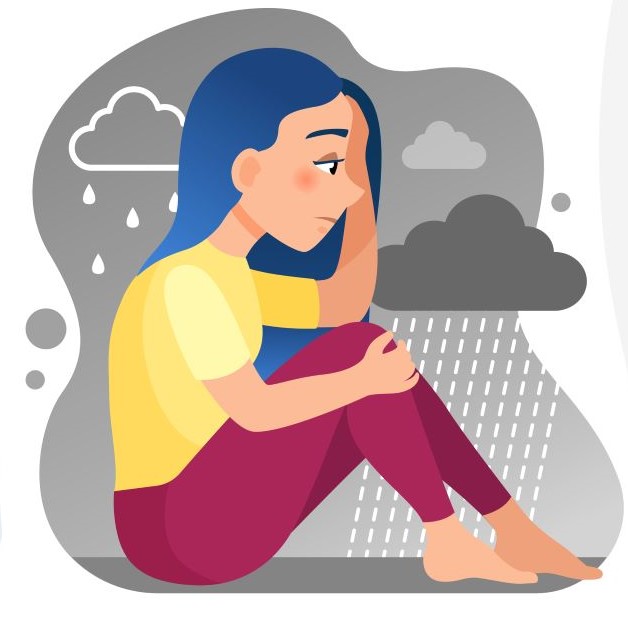I can understand the fact that depression can sneak up on anyone and that life can throw bad surprises at you. What I don’t understand is what the marriage is to someone in their mind if the depression takes up so much of their mind. I was always taught that a marriage is supposed to help maintain the happiness of those involved. I feel the way I do because I don’t have human connections, whether they be marriage or friendship, so I often see people who mention they’re depressed when they’re married and have trouble fathoming how the marriage is either sufficient or was the solution.
This question was inspired by thinking back to my own parents. People usually have compassion towards those who feel down, but it typically doesn’t dawn on them how it feels to be in the family itself. I grew up with a dad in whom you could often see the depression, and often I’d have an existential crisis by proxy about my parents. He ended up going to the psych ward five times because some random person called the medics on him. On the inside, you tend to think “why have you never just opened up about your ideations as long as we knew you were depressed”. It feels unfaithful on a dad’s part to be sucked into one and left out of the other.
I’m sorry you feel so disconnected. I hope that changes for you.
Depression can have many different sources, and sometimes doesn’t have an identifiable reason at all. It’s just there, and can affect people who are in relationships as well as people who are not.
You can have depression and be married. Both my husband and I have depression. I was a massive depressive at one point.
He helps the hard days be bareable, and He feels I do the same for him. We learn how to support eachother through it.
Depression doesn’t just go away because you’ve someone to share it with. We’ve both feel our depression symptoms started appearing between the ages of 8-10. I expect to struggle with it for the rest of my life. What is important is having proper coping, whether you are alone, or in company, having coping skills to face depression really is the key.
Aa far as your father goes, it has been culturally (at least where I am) taboo for a hundred+ years, where I live, for men or women to express emotions that aren’t uh, “polite”. Many older folks were never taught healthy coping or emotional language and instead relied on maladaptive coping.
I have a therapy crafts group I go to. It’s two older (55+) women and one older (60+) man. Today in group the man shared that he is in therapy now for ptsd, but his wife tells him he should “just get over it”. We all supported him as that is an unfortunate and unkind thing for his wife to say. We told him we were proud of him for coming in, it’s not easy.
But that’s what the old days were like. Just shove it under the rug. Except, there it festers for generations.


